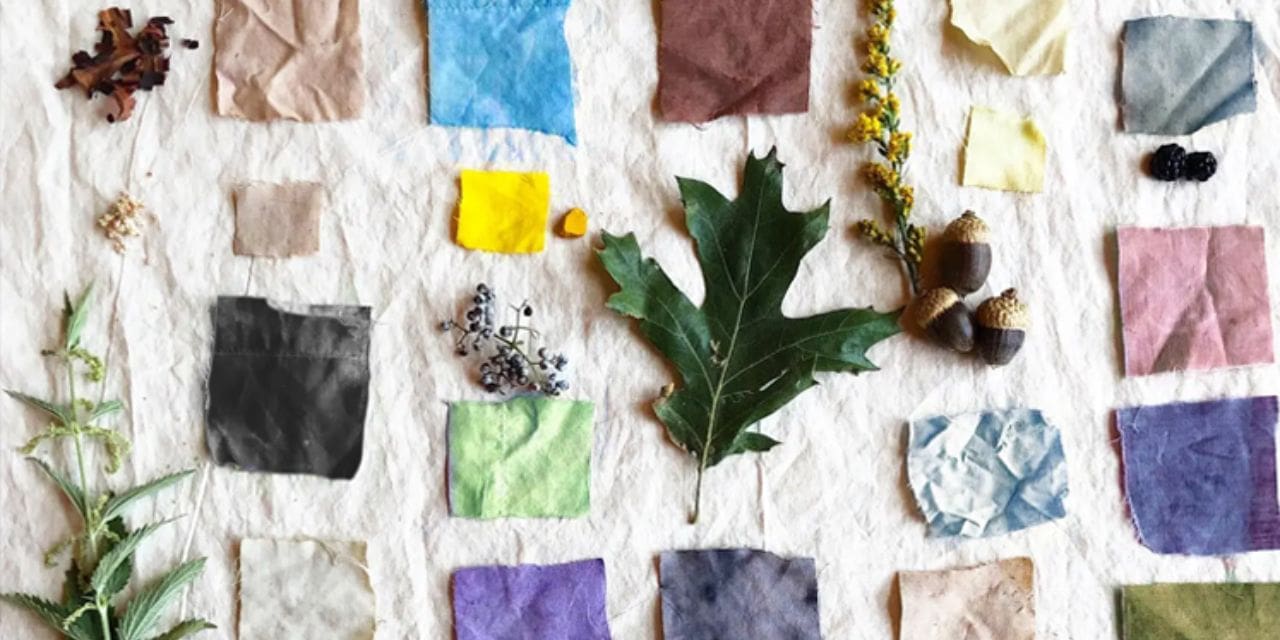By PROF. (DR.) N. B. TIMBLE PhD(USA)NCSU
PROFESSOR OF TEXTILE TECHNOLOGY
DKTE INDIA
Ten latest various textile innovations and their meanings
1) fabric from seaweed
seaweed fabric is made by using algae from the seed
2) reusing fabric waste
textile pieces can be used to make crafts such as cushion covers, teapot cosies, laptop covers, leg warmers, quilts, new accessories (i.e. woven scarves, socks and hats) and so much more
3) 3D printing
most 3D garments and textiles are created using a fused deposit modelling (FDM) printer, which involves, depositing and melting thermoplastic filaments and selective laser sintering(SLS) or powdering with the former being the most common and economical technology used in the industry
4) temperature sensitive clothing
to help the person achieve the ideal temperature, a temperature sensitive fabric adapts to how hot, cold or perspirant they are.
5) metal less conductivity
in most metals the existence of impurities restricts the flow of electrons. compared to pure metals then elements which are added as alloying agents could be considered impurities . so alloys tend to offer less conductivity than pure metal a conductive textile is a fabric which can conduct electricity. Conductive textiles can be made with metal strands woven into the construction of the textile or by conductive yarns which are conducive thanks to metal coating
6) Sustainable packaging
Sustainable packaging is packaging that produces the most negligible impact on the natural environment. Which is to say, sustainable packaging materials are those that make the least amount of pollution in regards to manufacturing, production, shipping, and disposal or recycling.
7) new fabrics
Fleece, brushed double-jersey, flannel and bonded and stitched quilting are key fabrics, while patterns cull inspiration from the camping and hiking world. Traditional patterns like checks, plaids and blanket stripes echo the theme’s cozy factor, but classic herringbone, houndstooth and geometric jacquards elevate it.
8) virtual fashion
Digital Fashion is the visual representation of clothing built using computer technologies and 3D software. This industry is on the rise due to ethical awareness and uses of digital fashion technology such as artificial intelligence to create products with complex social and technical software.
9) non contact spray and finish
Non contact spray and finish used for finishing and remoistening utilize non-contact spray technology, meaning that you will always have a controlled optimal coverage of the exact amount of liquids for reaching specific characteristics of the fabric.
10) odour management technology
Odor management technology can reduce lingering odors through innovative technologies in multiple ways reducing unwanted and unpleasant odors. There are 3 different ways to manage odors on textiles, odor capture technologies, antimicrobial technologies or an odor capture and antimicrobial technology.

